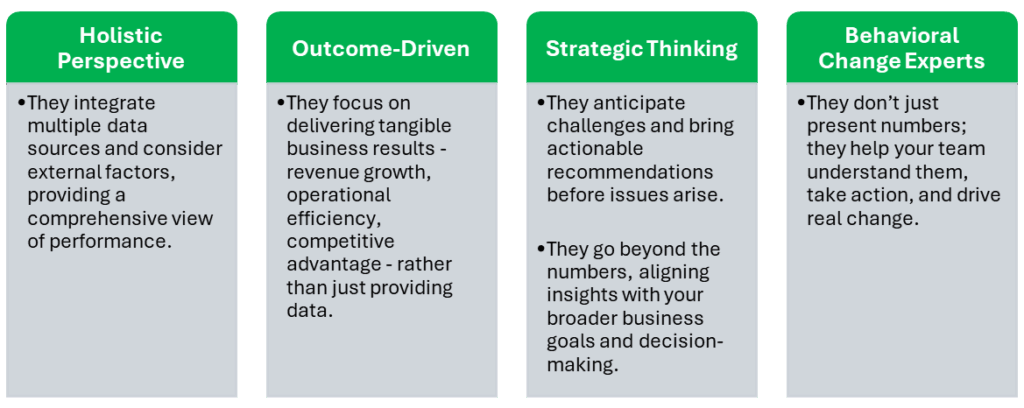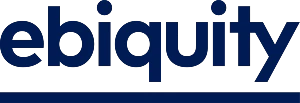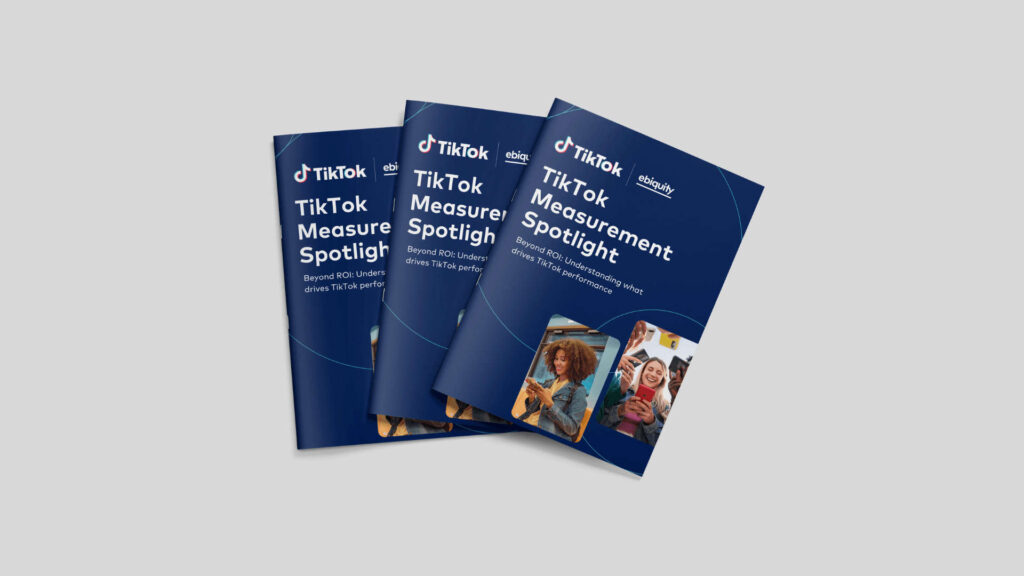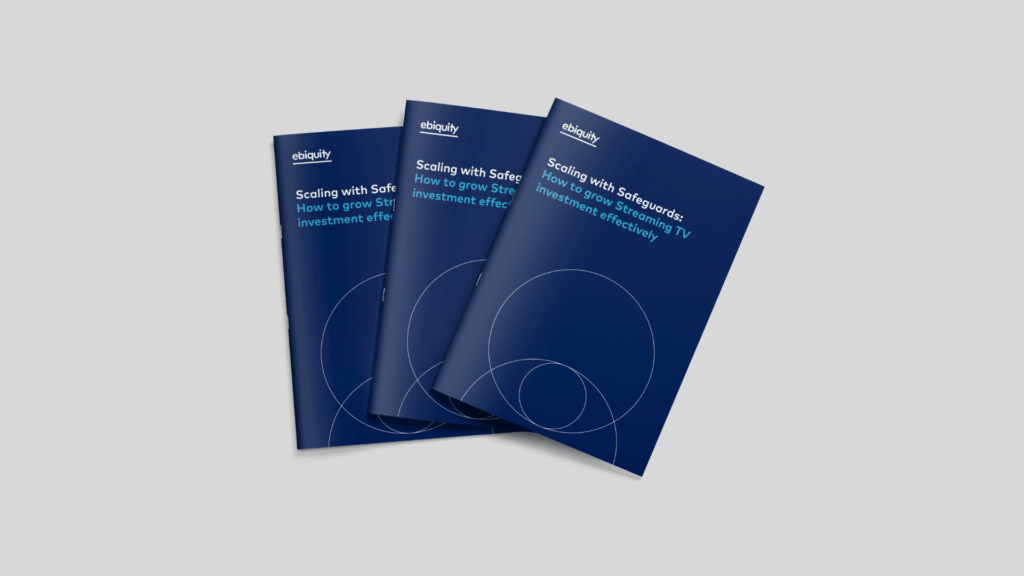Welcome to the wheelhouse, where we discuss critical topics for marketers who want to maximise advertising effectiveness.
In this latest edition, Nicolas Cohen, Group Director – Head of Marketing Effectiveness for France & Belgium, explores what truly separates a good marketing effectiveness partner from a great one. Nicolas challenges conventional priorities like tech, visuals, and price, and explains why the real value lies in strategic clarity, independent thinking, and actionable insight – not just polished dashboards.
Preliminary considerations
Most marketing effectiveness pitch processes focus on the wrong things. Dashboards won’t change your business.
Most pitch processes focus on entirely the wrong things. A dashboard, no matter how impressive, won’t transform your business on its own – unless, of course, it’s powered by an army of clairvoyant analysts. (Spoiler: it isn’t.)
Many companies looking for an Effectiveness Partner focus too much on:
- The tech stack (“What shiny tools do you use?”)
- The visuals (“Can you make it look fancy?”)
- The price (“How little can we spend without things falling apart?”)
These priorities matter – no one would recommend a partner with a weak tech or poor visuals – but they miss the mark because dashboards don’t make decisions – people do.
What your business needs is not more data points, but clarity on what actually matters and the confidence to act on it.
The myth of the magic button
There is no mythical, all-knowing, one-click platform that will instantly reveal the secrets of your marketing effectiveness. Technology can crunch numbers at warp speed, but it lacks the judgment, critical thinking, and business sense to separate signal from noise.
The real value lies not just in automation, but in smart interpretation. When a solution is presented as fully self-sufficient and entirely automated, it can be helpful to consider how it addresses relevance, context, and strategic alignment.
So, what should you expect when pitching for an effectiveness partner?
Having a good tech is mandatory but your partner has to be more than just proficient in software; they should be adept at challenging assumptions and steering you towards strategic clarity.
They should be independent – if your effectiveness tool is built by the same entity selling you media, there’s a clear conflict of interest. It’s essential to separate powers to ensure objective and trustworthy measurement.
They should be curious about your business (its context and challenges), understand media beyond ROI, approach the project as a business initiative, balance brand and performance long-term, and isolate media impact from content and other variables.
Good partner vs. great partner: key differences?
What Defines a Good Effectiveness Partner?

What Defines a Great Effectiveness Partner?

A great partner doesn’t just serve up insights; they translate them into meaningful action, ensuring that knowledge doesn’t die in a PowerPoint graveyard.
About methodologies and consultancy
Why being methodologically agnostic matters
In the evolving world of Marketing Mix Modeling (MMM), Bayesian approaches have gained significant traction, especially among newer providers who highlight them as powerful tools. These methods can indeed be highly effective – particularly when well-calibrated and thoughtfully applied. However, their strength lies in their assumptions, and that strength can become a limitation if those assumptions aren’t carefully examined.
This becomes especially relevant when integrating third-party modeling frameworks into in-house solutions. For instance, widely-used platforms may embed default priors that, while convenient, should be assessed critically to ensure alignment with your specific business context and objectives.
A great MMM partner brings methodological flexibility – drawing from a range of techniques, incorporating real-world experimentation, and actively challenging assumptions rather than accepting them at face value. Ultimately, success comes not from following a trend, but from applying the most appropriate methodology based on the context and the maturity of the effectiveness programme.
Consultancy & business expertise at the core
Automation is great for efficiency, but let’s not kid ourselves, it’s no substitute for strategic thinking. A model is only as useful as the people interpreting it, and blind faith in automated outputs can lead to dangerously simplistic conclusions.
True effectiveness requires consultancy, business acumen, and a partner who won’t just tell you what’s happening but will help you understand why – and, more importantly, what to do about it.
Final thoughts
The real difference between a Good and a Great Effectiveness Partner isn’t in their dashboards or their tech stack. It’s in their ability to:
- deeply integrate into your business, rather than just supplying data.
- prioritize outcomes over outputs, making insights actionable.
- apply strategic thinking, going beyond tools and reports.
A great partner doesn’t just provide analysis; they help shape decisions, drive change, and ensure your marketing strategy isn’t just data-driven, but intelligently data-informed.
Because at the end of the day, the best effectiveness partner isn’t the one with the flashiest dashboard, it’s the one who makes sure you never have to stare at a dashboard, wondering: “Well, what do we do now?”









